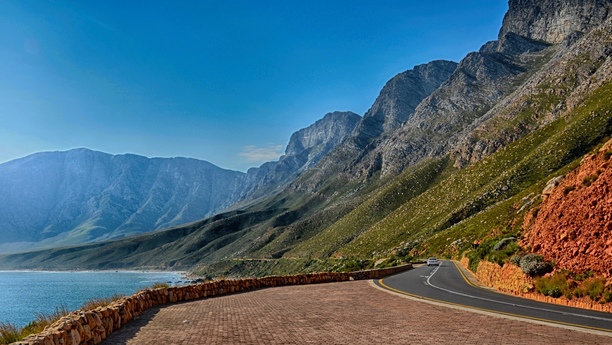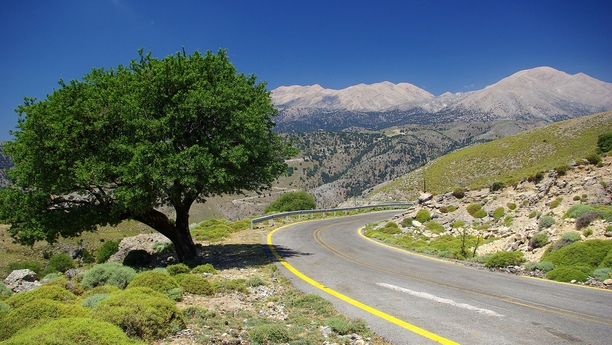Australia
Australia is one of the first countries to celebrate New Year as the country lies so far east, and also New Year falls in the middle of summertime on 1st January! After ringing in the New Year using church bells, horns and whistles, the daytime is spent outdoors – camping and picnicking on the golden beaches, and attending traditional surfing carnivals or watching wild rodeos.

South Africa
Historically carnival floats, bands and wild dancing, has always been part of South Africa’s Cape Province’s New Year’s greeting, where everyone revels for two sleepless days on the 1st and 2nd of January. Party goers looks magnificent in their exuberant costumes which, in some cases, have taken all year to prepare.

Brazil
On the subject of carnivals, Rio de Janeiro’s Ipenema beach on New Year’s Eve is a fabulous party and fascinating cultural immersion. Women dress in blue and white to represent voodoo priestesses, board a boat which has been exquisitely lined with elegant flowers, jewellery and candles, and are pushed into the sea by excited crowds in the name of Yemanja, the legendary water goddess. In their homes, on the 1st of January, everyone has a bowl of lentils and rice, or lentil soup, as lentils are regarded as a symbol of wealth.

China
The time of New Year is quite different in China – it is celebrated for nine days, from around January the 21st to February the 20th, depending on the lunar cycle and the new moon. Red envelopes with gold designs are filled with lucky money and given out by the family to children and anyone who is not married. The first day of New Year involves a sumptuous feast and the next 9 days boast celebrations of floats and parades with dancing dragons passing through the streets. Evil spirits are cast out by setting off fire crackers and other things which make loud noises.
The Far East have a long standing tradition of releasing pets on the 1st of January so that they are free to roam in the wild. For good luck, some people get a turtle, stick elaborate gold paper on its shell and then release it. They also pour scented water over Buddah statues and each other in order to wish for a great season filled with rain which will bring them plenty of varied and healthy crops.
Greece
In Greece, the 1st of January is St. Basil’s day as well as New Year’s day. St. Basil was one of the original founders of the Greek Orthodox church, a very kind man who helped the poor. To celebrate, the Greeks prepare enticing dishes including a St Basil’s cake which has a gold or silver coin planted inside.

Happy New Year from Sixt!
We’d like to take this opportunity to wish you all a Happy New Year from all of us at Sixt! We’re looking forward to some exciting developments in the UK and worldwide in 2019 to make your mobility and travel smoother than ever.